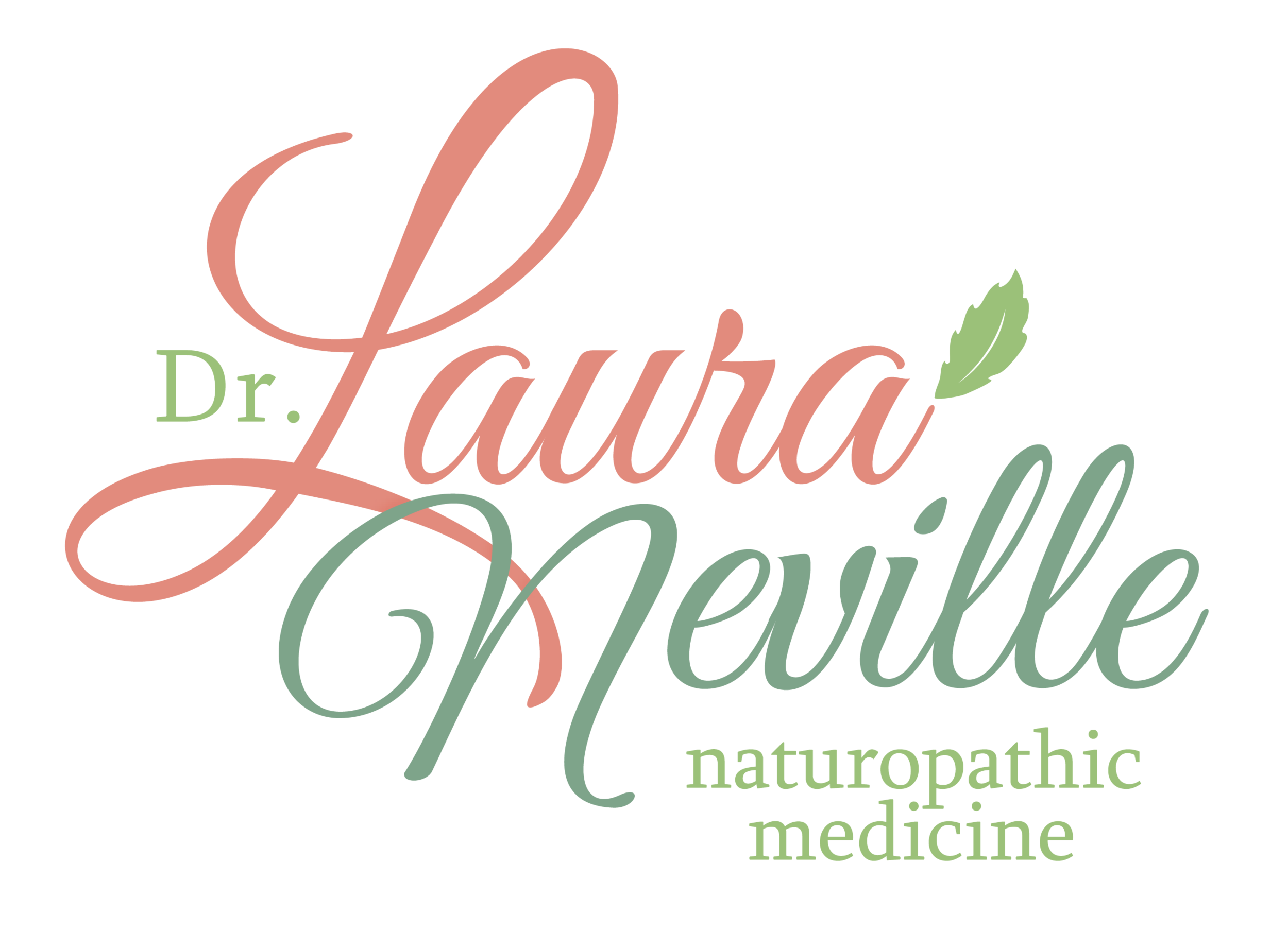Friends or Foes? Estrogen, Progesterone & Thyroid Hormones
Estrogen Dominance and Hypothyroidism
Hypothyroidism (low thyroid function) affects women 7 times more frequently than men! What gives? The epidemic of estrogen dominance among women is at least partly to blame.
Excess estrogen levels, aka “estrogen dominance”, causes the liver to produce high levels of something called thyroid binding globulin (TBG), which, as its name suggests, binds thyroid hormone and decreases the amount of thyroid hormone available to the body. How rude, right?!
fa
Women with estrogen dominance may have a normally functioning thyroid gland and adequate amounts of thyroid hormone; however, the hormone gets gobbled up by TBG. This results in hypothyroid symptoms of fatigue, brain fog, hair loss, weight gain, low libido, low mood, constipation and irregular menstrual cycles. In fact, the symptoms of estrogen dominance and low thyroid levels are often one and the same.
Estrogen Dominance Made Worse
Hormonal contraception, pregnancy, and synthetic estrogens prescribed during and after menopause can make estrogen dominance worse, thereby also worsening thryoid symptoms. Seems unfair, no?
On the other side of the coin, we have exacerbation of estrogen dominance in hypothyroidism. Estrogen must first be broken down by the liver in order to be excreted by the body. Hypothyroidism slows this elimination pathway and results in a buildup of estrogen. Due to the proliferative nature of estrogen, this causes an increased risk of breast cancer, uterine fibroids and ovarian cysts.
More Evidence
To further illustrate the connection between estrogen dominance and low thyroid function, consider polycystic ovary syndrome (PCOS), a metabolic disorder often resulting in anovulatory cycles (cycles are present, but an egg is not released) and estrogen dominance.
Progesterone is a hormone produced with ovulation (egg release) and functions to balance the effects of estrogen. Estrogen and progesterone are like Bert and Ernie; they are best buds and belong together. Anovulation results in insufficient progesterone levels and therefore, ongoing estrogen dominance. Bert, without the Ernie.
Futhermore, Endocrine Research published a study which found that Hashimoto’s thyroiditis (hypothyroidism of an autoimmune nature) is highly prevalent among women with PCOS.
Another study found a breakdown product of estrogen caused the death of thyroid cells and also an increase in immune markers responsible for autoimmune thyroid disease.
Estrogen Replacement Therapy
Yet another study correlating estrogen dominance and hypothyroidism from the journal Thyroid, found that oral (by mouth) estrogen therapy increases thyroid medication dose requirements.
But it’s not all bad news. On a positive note, topical estrogen therapy was not found to affect TBG levels and therefore may be the preferred therapy for women who need both estrogen and thyroid replacement.
Friendly Progesterone
To contrast the effect of estrogen on thyroid hormone, progesterone decreases TBG and increases the activity of thyroid hormones when present in adequate levels. Thyroid hormones, like progesterone, accelerate metabolism and utilize fat for energy production. Wahoo!
The Journal of Endocrinology featured a study showing the thyroid hormone T3 significantly stimulated the release of progesterone from luteal cells. Additionally, research published in Clinical Endocrinology concluded that progesterone therapy increases the thyroid hormone, T4.
And it doesn't stop there; progesterone exhibits anti-inflammatory effects, regulates blood pressure, protects bone health, improves mood and reduces anxiety, supports fertility, and aids weight loss. What's not to love?
Summary
Though the thyroid is a small, butterfly-shaped gland, its impact on the body is anything but minute and delicate.
The research summarized in this article illustrates that improving the issue of estrogen dominance by decreasing excess estrogen levels and by supporting healthy progesterone levels, will also provide benefits for thyroid hormones.
When seeking care for hormone or thyroid imbalances, be sure to work with a physician who is well versed in these complex interactions of the endocrine system!
-Dr. Laura Neville
Adapted from labrix.com
Want holistic care for your thYRoid and/or hormones?
References:
Arduc A, Aycicek dogan B, Bilmez S, et al. High prevalence of Hashimoto's thyroiditis in patients with polycystic ovary syndrome: does the imbalance between estradiol and progesterone play a role?. Endocr Res. 2015;40(4):204-10.
Badawy A, State O, Sherief S. Can thyroid dysfunction explicate severe menopausal symptoms?. J Obstet Gynaecol. 2007;27(5):503-5.
Ben-rafael Z, Struass JF, Arendash-durand B, Mastroianni L, Flickinger GL. Changes in thyroid function tests and sex hormone binding globulin associated with treatment by gonadotropin. Fertil Steril. 1987;48(2):318-20.
Datta M, Roy P, Banerjee J, Bhattacharya S. Thyroid hormone stimulates progesterone release from human luteal cells by generating a proteinaceous factor. J Endocrinol. 1998;158(3):319-25.
Garelli S, Masiero S, Plebani M, et al. High prevalence of chronic thyroiditis in patients with polycystic ovary syndrome. Eur J Obstet Gynecol Reprod Biol. 2013;169(2):248-51.
Kachuei M, Jafari F, Kachuei A, Keshteli AH. Prevalence of autoimmune thyroiditis in patients with polycystic ovary syndrome. Arch Gynecol Obstet. 2012;285(3):853-6
Kitamura S, Jinno N, Suzuki T, et al. Thyroid hormone-like and estrogenic activity of hydroxylated PCBs in cell culture. Toxicology. 2005;208(3):377-87.
Mazer NA. Interaction of estrogen therapy and thyroid hormone replacement in postmenopausal women. Thyroid. 2004;14 Suppl 1:S27-34.
Sathi P, Kalyan S, Hitchcock CL, Pudek M, Prior JC. Progesterone therapy increases free thyroxine levels--data from a randomized placebo-controlled 12-week hot flush trial. Clin Endocrinol (Oxf). 2013;79(2):282-7.
Wang SH, Myc A, Koenig RJ, Bretz JD, Arscott PL, Baker JR. 2-Methoxyestradiol, an endogenous estrogen metabolite, induces thyroid cell apoptosis. Mol Cell Endocrinol. 2000;165(1-2):163-72.
Disclaimer: All information given about health conditions, treatment, products, and dosages are for educational purposes only and do not constitute medical advice.
